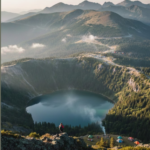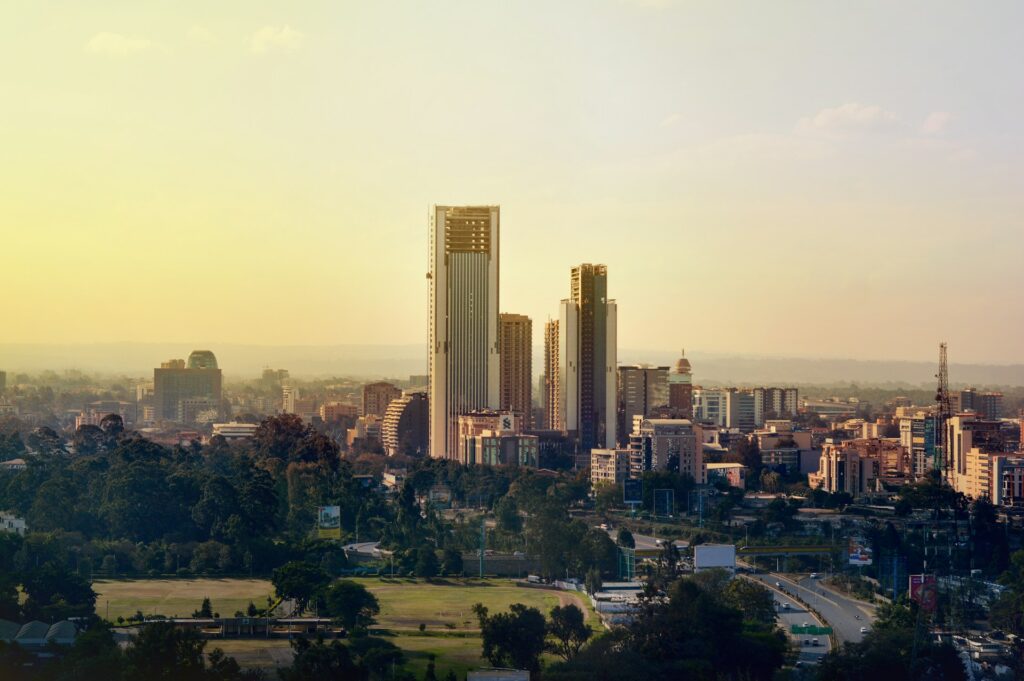Kenya’s luxury hospitality sector is experiencing rapid growth, driven by rising international tourism and strategic investments from global brands, despite persistent challenges.
The country has seen a 31.5% increase in international visitors (1.95 million in 2023), with demand concentrated in Nairobi and Maasai Mara, according to the Kenya Tourism Board.
Key Drivers of Growth
- Luxury Safari Expansion: The Ritz-Carlton Maasai Mara Safari Camp (opening August 2025) will offer 20 tented suites with private plunge pools, stargazing decks, and bespoke game drives.
JW Marriott Mount Kenya Rhino Reserve Camp (early 2026) will feature 20 luxury tents in the Solio Game Reserve, focusing on rhino conservation experiences.
- Infrastructure and Policy:
-
- Airport upgrades and increased long-haul flights aim to enhance accessibility.
- Tourism revenue is projected to reach $311 million in 2025, growing at 6.87% annually (Statista).
Challenges and Solutions
- Operational Hurdles:
- High costs, visa complexities, and regulatory delays persist.
- Public-private partnerships for financing and streamlined land acquisition.
- Sustainability initiatives, including eco-conscious resort designs and conservation-focused tourism.
Key Takeaways:
- Growth Catalysts: Surging tourism, global brand investments, and infrastructure upgrades.
- Challenges: Costs, regulations, and competition for skilled labor.
- Future Focus: Eco-tourism, MICE travel, and luxury safaris to solidify Kenya’s position as Africa’s premier high-end destination.
















More Stories
Greece Blends History & Flavors: Gastronomy Tourism Revolution
SBA Blocks Green Card Holders From Key Loan Program, Raising Concerns for Immigrant Businesses
Spain Beckons: Europe’s Hottest Hotel Investment Spot in 2026